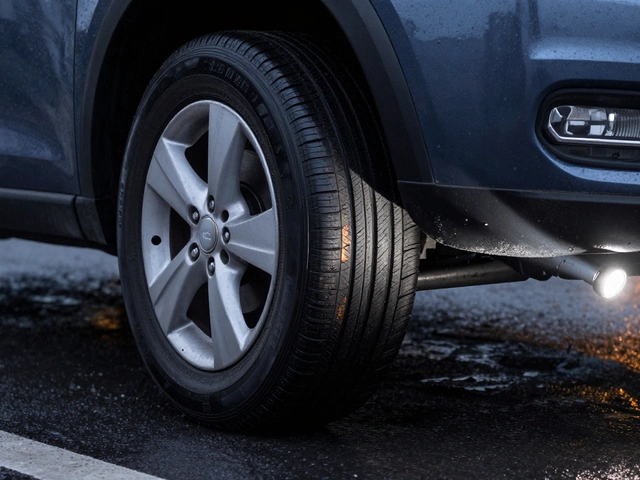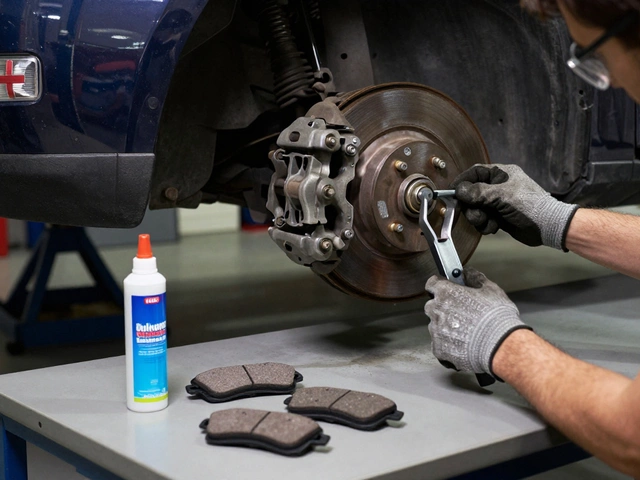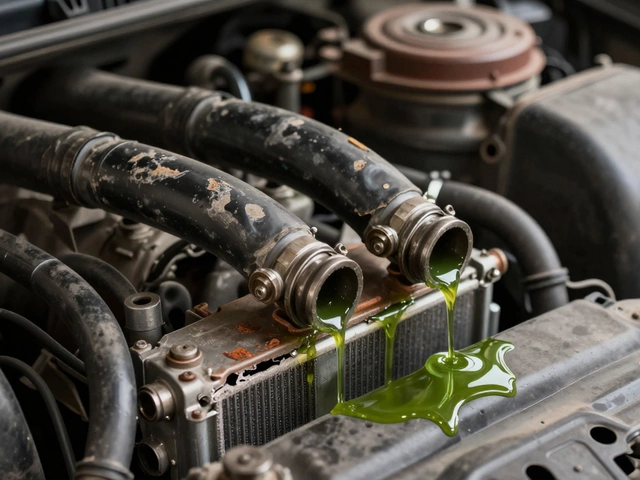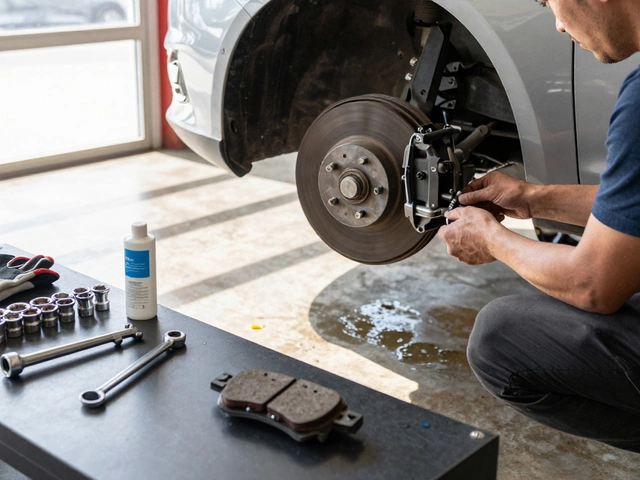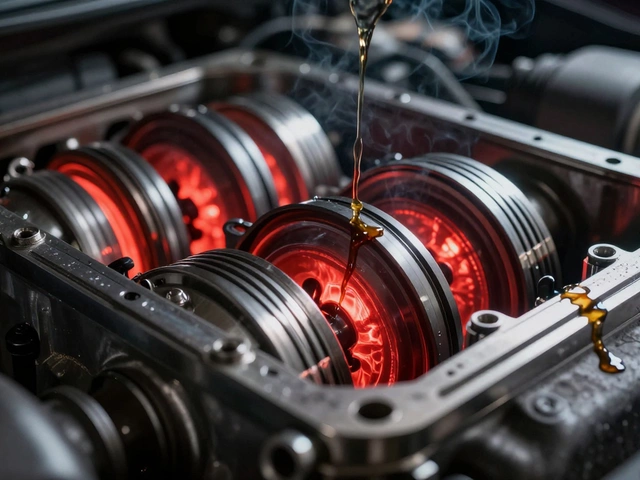5 Inch Exhaust: What It Means for Your Car’s Power and Sound
When people talk about a 5 inch exhaust, a large-diameter exhaust system typically used in high-performance or modified vehicles. Also known as 5-inch pipe exhaust, it’s not just about noise—it’s about airflow, engine efficiency, and how much power your car can actually use. Most stock cars run with exhaust pipes between 2.5 and 3.5 inches. A 5 inch exhaust is way bigger—and that’s intentional. It’s meant for cars with serious upgrades: turbochargers, big cams, or high-horsepower engines pushing 400 hp or more. If your car hasn’t been tuned for that kind of flow, a 5 inch exhaust won’t help. It might even hurt performance by making the engine struggle to build backpressure at lower RPMs.
That’s why exhaust pipe diameter, the exact width of the exhaust tubing that affects how fast gases exit the engine matters more than just going bigger. For example, a 300 hp engine usually works best with a 2.5 to 3 inch pipe, as shown in our post on optimal exhaust size for 300 HP. Jumping straight to 5 inches without matching engine mods is like putting a firehose on a garden sprinkler—it just floods the system. The performance exhaust, an upgraded exhaust system designed to improve engine output and sound needs to be matched to your car’s tune, not just its looks. A 5 inch system can sound amazing, but if your car’s ECU isn’t calibrated for it, you’ll lose low-end torque and maybe even trigger check engine lights.
What you’ll find in this collection are real-world guides on how exhaust systems actually work—not just what looks cool. We cover how car exhaust system, the full pathway that carries exhaust gases from the engine to the tailpipe components like cat-backs and mufflers interact with pipe size. You’ll learn why some people regret going too big, how to tell if your current setup is too small or too large, and what legal limits exist in the UK. There’s also advice on when to upgrade, what tools you need, and how to avoid wasting money on parts that won’t deliver. Whether you’re chasing a deeper rumble, more horsepower, or just want to understand what’s under your car, these posts give you the facts—not the hype.

